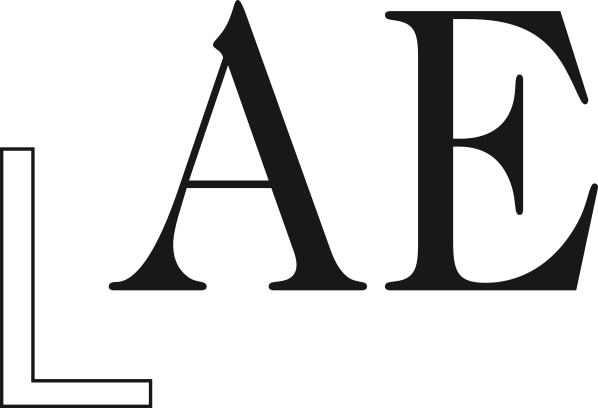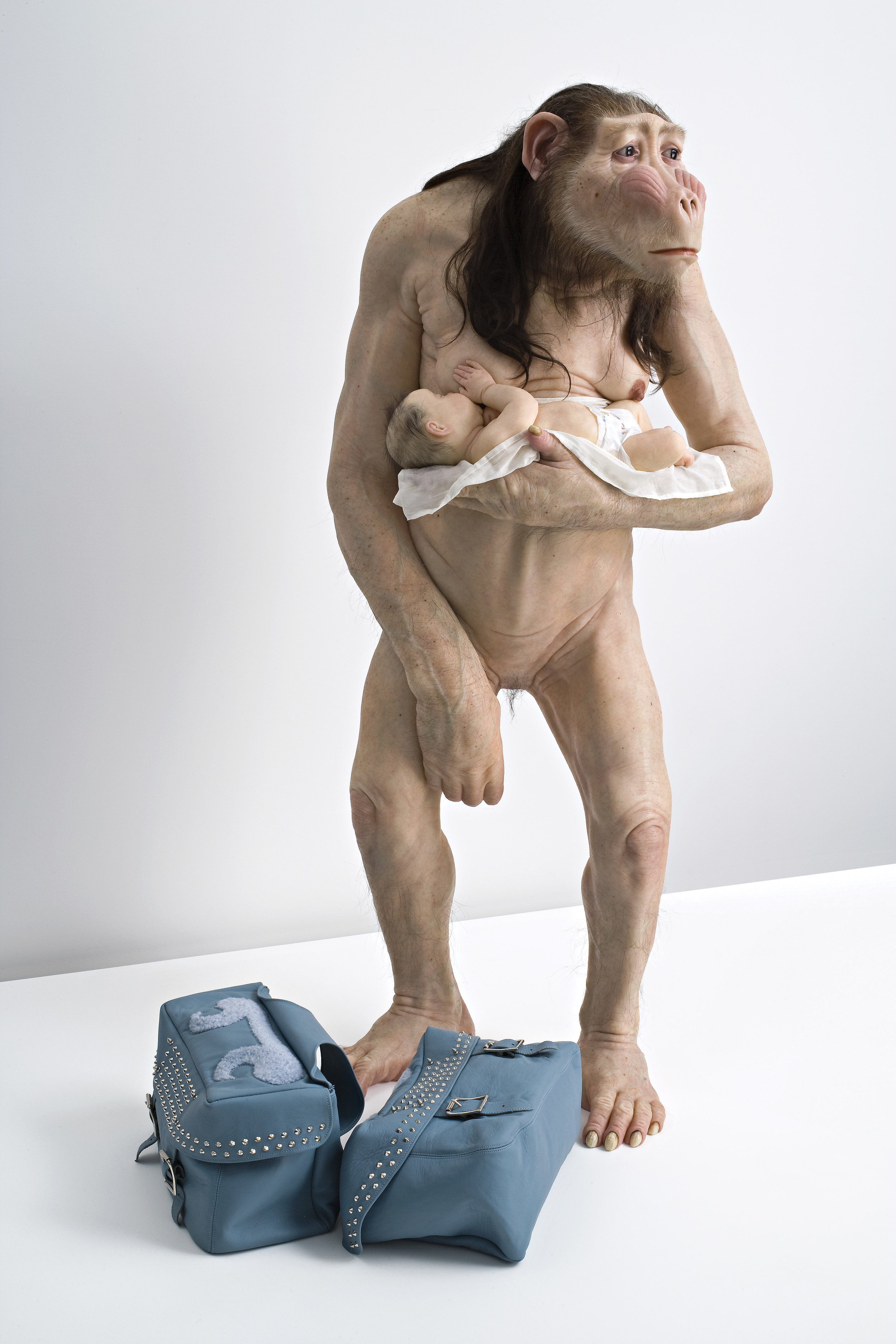M/others and Future Humans
@ Testing Grounds & The Anthropocene Campus
Patricia Piccinini, Bootflower, 2015
M/others and Future Humans
Testing Grounds,
5-8 September, 2018
1 City Road, Southbank
VIC 3006 Australia
Special Event: Thursday (6 Sept): 3:30pm-5:00pm:
Anthropocene Campus Keynote conversation: Patricia Piccinini and Claudia Vickers
We live in an era of extinction. Capital flows, industrial infrastructures, molecules, affects, technoscientific enterprises are engendering human life, while unraveling ecological communities and multispecies worlds. Contemporary biotechnologies are transforming and subverting reproductive conventions, Gene editing tools, IVF practices, synthetic biology, digital algorithms, and sperm banks are remaking germ plasm and reconfiguring horizons of desire and care for the human species. While motherhood is being radically transformed by technoscientific prosthetics and contractual arrangements, this exhibition will convey and confront disregarded (his)stories, strenuous presents and speculative futures of the maternal in a more-than-human field.
Participating artists:
Patricia Piccinini / Tamara Pertamina / Pony Express / Sonja Hindrum / Selena de Carvalho & Sally Davis / Eben Kirksey / Svenja Kratz / Yvette Watt
M/others and Future Humans is a curatorial collaboration between the Multispecies Salon and Laboratory for Aesthetics and Ecology (Ida Bencke).
The exhibit was made possible by generous support of the Alfred Deakin Institute for Citizenship and Globalisation as well as Deakin University's Science and Society Network.
Patricia Piccinini represented Australia at the 2003 Venice Biennale and in 2016 her solo exhibition at CCBB in Rio De Janeiro was the world’s most viewed contemporary art exhibition. Earlier this year her most ambitious show to date, Curious Affection, opened at the Gallery of Modern Art (GOMA) in Brisbane.
Tamara Pertamina is a transgender performance artist who lives in Yogyakarta, Indonesia. Her work was featured at the 8th Asia Pacific Triennial of Contemporary Art in Brisbane, Australia, and has appeared in key venues throughout the Indonesian archipelago.
Selena de Carvalho is an inter-disciplinary artist based in Tasmania. Her practice responds to notions of personal ecology and human interaction with the environment, often relating to the perceived consumption of wilderness and lived experiences of wildness. This paradox operates as a framework for
deeper inquiry within Selena's practice. Technology and creativity are used as a means to raise questions as opposed to providing answers. Selena has participated in international residencies in China, India and France and has shown work extensively within public and artist run spaces.
Pony Express is a collaborative body led by playwright and performance maker Ian Sinclair and transdisciplinary artist Loren Kronemyer. Through their pandrogynous collaborative process, Pony Express work across platforms of media art, live art, group devising methodology and an antidisciplinary
approach to create immersive alternate realities. Their work reflects themes of environment, apocalypse, and the future.
Sonja Hindrum is an artist and designer who over the years has developed site-specific artworks and costume designs and has had a number of residencies and exhibitions. Her creative works range from developing a Talking Skirt, to having images from the Lady Cassandra collection accepted via peer
review for a Special edition of the Journal - Writing from Below - Art(i)culations of Violence (La Trobe University S.A.). Her recent works have been exploring human connections and working with an Art [Science] focus exploring interdisciplinary approaches.
Eben Kirksey studies the political dimensions of imagination as well as the interplay of natural and cultural history. Duke University Press has published his two books—Freedom in Entangled Worlds (2012) and Emergent Ecologies (2015)—as well as one edited collection: The Multispecies Salon (2014).
Venturing into art worlds, he has staged a number of “performative experiments” that have exposed and derailed dominant practices for managing life
Svenja Kratz is a contemporary Australian artist interested in transdisciplinary practice, particularly the intersections between science and art. Her work investigates shifting conceptions of life and ethical and philosophical implication of new technologies. She has been working across contemporary art and
biotechnology since 2008. Over the past 10 years, Svenja has produced a range of creative works, independently and in collaboration with artists, musicians, designers and scientists, that explore creative and critical potentials of new technologies including cell and tissue culture, genetic engineering, biofabrication and AI.
Yvette Watt is a Lecturer at the UTAS School of Creative Arts and Lead Researcher of the UTAS Animal Studies Theme Area (ASTA). Yvette’s art practice spans 30 years and includes numerous solo and group exhibitions. She has been actively involved in animal advocacy since the mid 1980s, and her artwork is heavily informed by her activism.
M/others and Future Humans - Traveling Exhibition
A call for submissions from the Laboratory for Aesthetics and Ecology (Ida Bencke)
in collaboration with The Multispecies Salon
patricia piccinini
Big Mother, 2005
Courtesy of the artist
We live in an era of extinction. Capital flows, industrial infrastructures, molecules, affects, technoscientific enterprises, and pharmacopornographic desires are engendering human life, while unraveling ecological communities and multispecies worlds. Against this backdrop, we seek artistic interventions that resist and respond to Haraway’s command: “Make Kin Not Babies!”
M/otherhood is being transformed by “a new kind of capitalism that is hot, psychotropic and punk,” to play with the language of Paul B. Preciado. Queer libidinal economies, transgressive strategies of care, and multispecies kin-making are also subverting reproductive conventions to generate lively possibilities amidst ongoing disasters. Systemic colonialism, capitalist austerity, and white-supremacy continues to create othered bodies. Fertility rates of black and brown bodies continue to be conceptualized as a threat within feminism, Sophie Lewis reminds us, even as critical geographers note ongoing genocidal patterns of mortality.
At the cellular level, the maternal body challenges notions of individuality as fetomaternal microchimerism reveals the presence of cells from the fetus in the mother's body even decades after giving birth. The maternal body is a chimera, a fleshy conglomerate of pastpresents. Gene editing tools, IVF practices, synthetic biology, robotic prosthetics, epigenetic reprogramming initiatives, microbiopolitical circuits, digital algorithms, and sperm banks are remaking germ plasm and reconfiguring horizons of desire for the human species. Is it possible to decolonize science and manifest justice while affirming euphoric elements of techno-biopolitics?
Fantasies about future children often orbit around ideals of “perfection.” The right to choose, a prospective mother’s right to an abortion, is perhaps the central tenet of third-wave feminism. Bringing punk and hacker aesthetics to technologies that shape reproductive choices, we aim to illuminate flexible practices of eugenics that are already eliminating certain kinds of people, like those with Downs Syndrome, from the human population. Queer and politicized “crip,” or “crippled,” engagements with technology offer an opportunity to “shake things up, to jolt people out of their everyday understandings of bodies and minds, of normalcy and deviance,” in the words of Alison Kafer. We invite tinkerers and thinkers to engage with what Sarah Franklin calls “hope technologies” to do anti- ableist, anti-racist, and feminist work.
Classic feminist scholarship upended the “sexual division of labor” that naturalized roles for cis-gendered women and men. Reproduction involves sex work, in addition to the biological production of sperm and eggs. The work of insemination, pregnancy, delivery, and care of the newborn is now being changed by new technoscientific prosthetics and contractual arrangements. Preciado celebrates possibilities for trans-men, who have kept their uterus, and are reconfiguring divisions of techno-reproductive and techno-gestational labor.
Brooding, birthing, and rearing bodies require care work, says Maria Puig de la Bellacasa. Caring, in Haraway’s words, is “wet, emotional, messy, and demanding of the best thinking one has ever done.”
This exhibit will situate motherhood within the expanded field of multispecies philosophies. Friction generated by (eco)feminist theory, queer and crip futurity, extinction studies, cyborg anthropology, and postcolonial theory will animate this intersectional project. We invite submissions of artifacts, images, short films, games, and living matter. We welcome proposals for performative experiments that illustrate posthuman possibilities for motherhood, reproduction, adoption and surrogacy. We seek portraits of unconventional, non-binary, and more-than-human families. We invite artists, writers, filmmakers, activists and thinkers to exhibit work on matters of m/othering while drawing on the fields of aesthetics, literature, DIY biology, theory, and activism.
Submissions including a 500 word project description, or images, and 1 page CV should be made to multispecies.salon@gmail.com by April 1st, 2018. The first installment of this show will open on September 3rd, 2018, alongside the Anthropocene Campus in Melbourne, Australia. Elements of the exhibit will then travel to the US, Europe, and beyond. Visit the website labae.org for updates.
Co-curated by Ida Bencke (Copenhagen / Berlin), Eben Kirksey (Melbourne), Marnia Johnston (San Francisco), Nina Nichols (Los Angeles), Karin Bolender (Oregon) and Krista Dragomer (New York City), Art Lab Berlin, Tamara Pertamina and Mary Maggic




